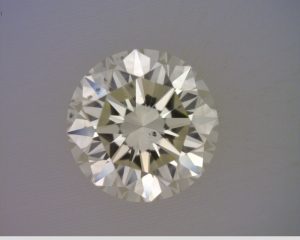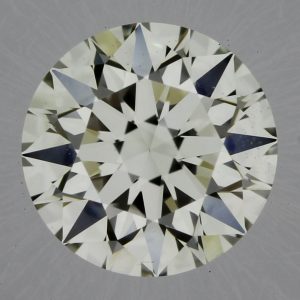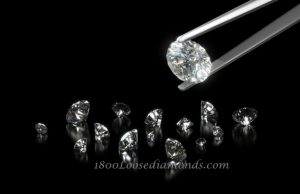The technology for Lab Grown Diamonds is short for chemical vapor deposition. The process to grow CVD synthetic diamonds has increased significantly over the past few years. Furthermore, this new technology is responsible for improving synthetic diamond techniques that can produce a high-quality near-colorless synthetic lab grown diamond. These
Two samples over 3 carats were found by GIA in 2016. Moreover,
GIA is now giving recently inspected CVD
synthetic diamonds their own
certificates. Recently, they inspected one of these CVD synthetic
diamonds that weighed over 5 carats.
Cushion Cut Lab Grown Diamond
A 5.19 ct cushion modified brilliant sent to GIA in its
Hong Kong laboratory for grading. It was using the lab’s standard screening and testing process. In doing so it was identified as CVD synthetic diamond. Following an examination, a GIA laser inscription was issued on the girdle. The report number and the words “Laboratory Grown,” following GIA’s protocols.
CVD Technique Lab Grown Diamonds
This 5.19 ct cushion modified brilliant the largest
synthetic diamond GIA has examined to date that is CVD. Moreover, it is the largest in the jewelry industry. The color is a J and VS
2clarity. Performace wise, it is comparable to its natural counterpart. It contains natural looking internal inclusions such as needles and clouds, like that of a natural diamond. Under the microscope strong graining and a fracture in the table were present.

An ideal cushion cut Lab Grown Diamond.

A Round Brilliant Lab Grown Diamond
Light Reflection and Lab Grown Diamonds
When viewing CVD diamonds under a binocular microscope, one will observe birefringence patterns with high-order interference colors. This a common feature noted in CVD diamonds. Undershort wave UV radiation fluorescence was present. Therefore, when observing the images it reveals a layered growth structure. Furthermore, this indicates a start-stop cycling growth process which is typical of CVD growth process.

Lab Grown Diamonds in the Round Diamond shape are the most brilliant of all diamonds.
Lab Grown Diamonds Infrared Absorption
Under infrared absorption spectroscopy, CVD diamonds identify as type IIa. Also, a common feature of noted in both CVD and HPHT synthetics. Furthermore, this is rarely seen in natural diamond.

A Lab Grown Diamond will sell at a lower price than a natural diamond.



